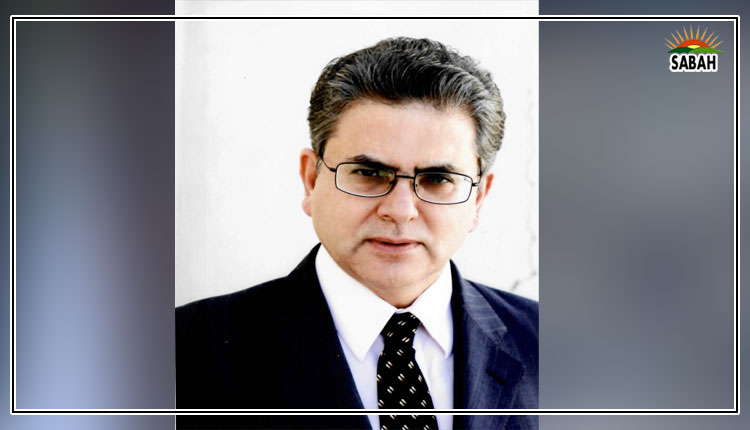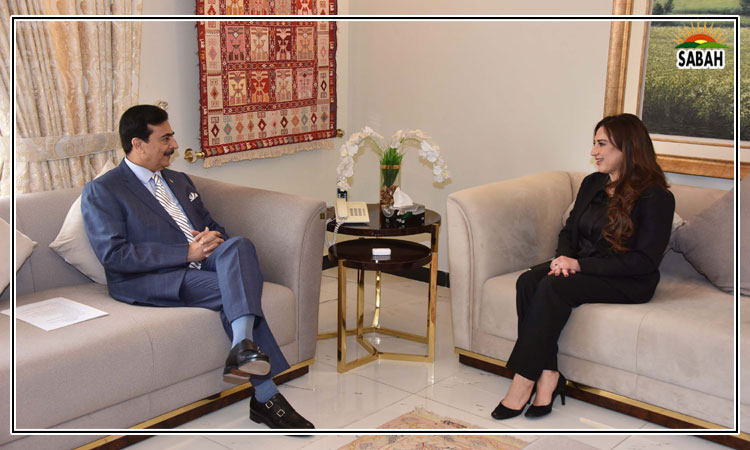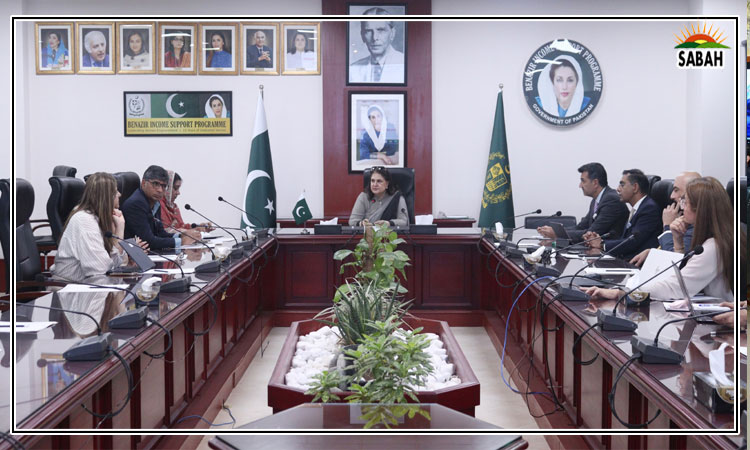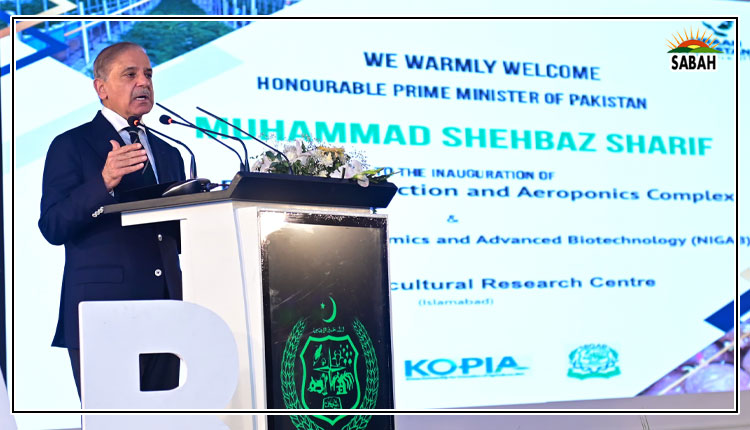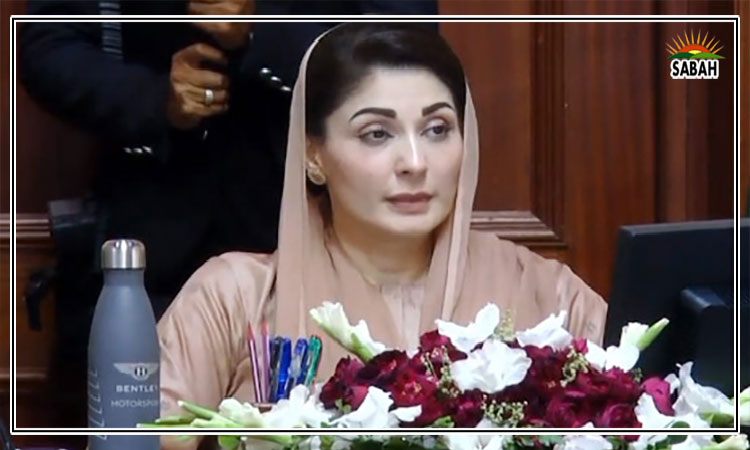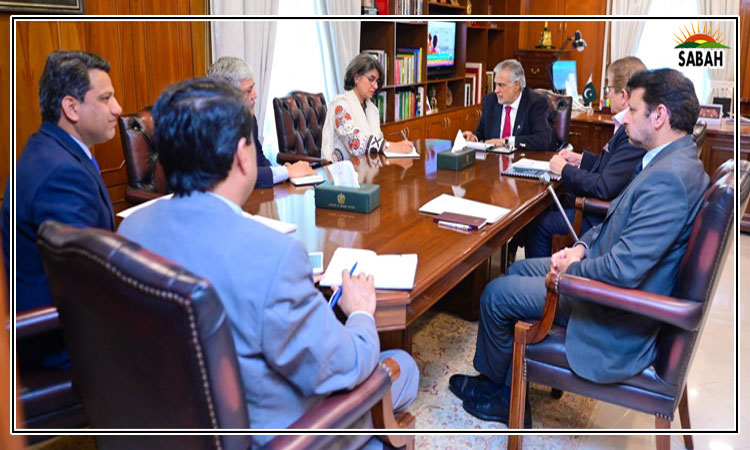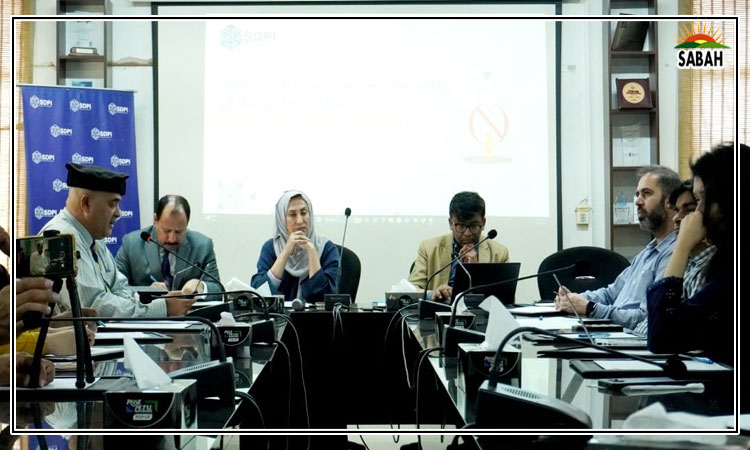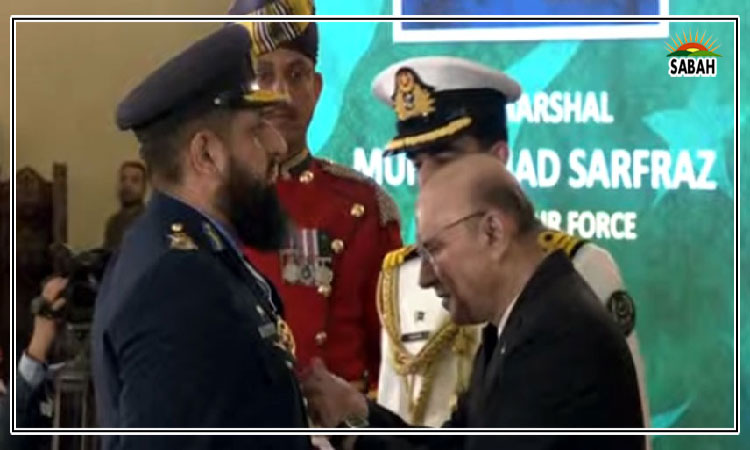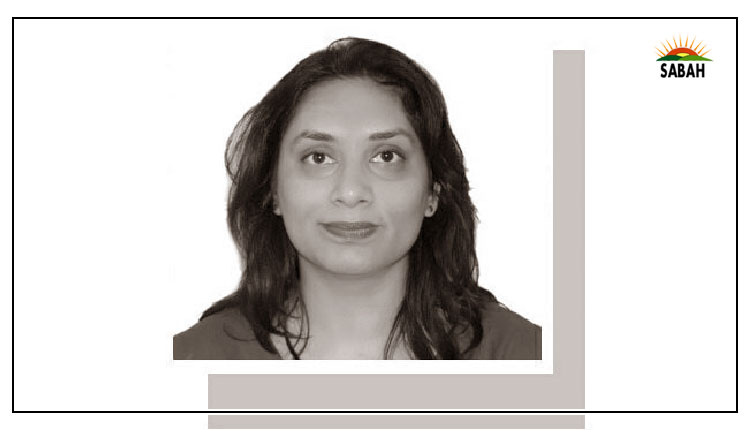War, art and truth ….Bina Shah
IT’S a question that writers and artists have always asked themselves: in times of difficulty, stress, chaos and darkness, what role can art and literature serve humanity? In Pakistan, we seem to always be navigating through challenging political, social and economic periods; there is a profound need for art, literature, and various forms of creative expression to sustain us.
The outbreak of war in Gaza in October 2023 became a stark backdrop to our everyday lives, inundating us with harrowing images across television and social media, lending extreme urgency to the necessity of art during difficult times. As we witnessed the valour of journalists in Gaza, with several losing their lives in the line of duty (including a journalist and a cameraman in southern Lebanon) we also saw many poets and writers in Gaza die. The poet Refaat Alareer died in a bombardment; his famous poem If I Must Die went viral in the days following his death. People used his words — “If I must die/ you must live/ to Tell my story/ To sell my things” to signify the depth of their mourning, their determination to bear witness, and to express the sadness and anger they felt at the continued destruction of innocent lives.
In a country as turbulent as Pakistan, writing, literature, reading, and the arts are not merely pursuits of leisure or entertainment, or the pursuits of the well-off. In all times and all places, but especially in the Global South, art is the soul of resistance. Writers, poets, artists and musicians express defiance and resilience, and through their words and images, stories and songs, ordinary citizens gain the strength to challenge the forces that rule their lives with such little mercy.
The American Library in Paris remained defiantly open during World War II; its motto, ‘Atrium post Bellum ex Libris’ — “After the darkness of war, the light of books” — resonates in countries like Pakistan, which have endured numerous wars and seem to be in a state of conflict. We are not the only nation at war with itself, or to have endured wars, coups, political assassinations, authoritarianism, and terrorism. The Four Horsemen of the Apocalypse — war, pestilence, death and famine — seem to have built their stables in countries like ours.
Art is the soul of resistance, especially in the Global South.
Like other times in other countries, Pakistan’s rich tradition of resistance literature bloomed in the shadow of political repression, summoning courage and hope that has attained a version of immortality. Faiz Ahmed Faiz was imprisoned twice in the 1950s for his democratic beliefs; he wrote his poetry collections in solitary confinement. He died in 1984 but today Faiz’s words are chanted at rallies, discussed in gatherings, and studied by young people in classrooms all over Pakistan. Fahmida Riaz, whose art challenged patriarchy, authoritarianism and the dictatorship of Gen Zia raised the cry of resistance in her debut poetry collection Torn Bodies, one that inspires young women today. Kishwar Naheed’s poem We Sinful Women will always be a powerful voice of the Pakistani women who refuse to silently bear their oppression in the name of patriarchy.
The literature of our larger region contains significant, important novels that bear witness to the military conflicts, political turmoil and social upheavals our country has faced. Bapsi Sidhwa’s Cracking India (originally titled Ice Candy Man), later adapted into the film Earth, chronicled the horrors of partition, the sectarian violence, migration, and the refugee crisis that ensued. Similarly, works like Moni Mohsin’s The End of Innocence touch upon the trauma of the 1971 war, our second partition.
Bangladeshi author Tehmina Anam explores the Bangladeshi war from the other side in her acclaimed novels A Golden Age and The Good Muslim. Pakistanis should read other perspectives in order to understand and have empathy for the people who suffered greatly in violent conflict against us. We can cast a wider net too: Nigerian writer Chimimanda Ngoze Adichie’s Half of a Yellow Sun about the Biafran War; Afghan-American writer Jamil Jan Kochai’s 99 Nights in Logar; The Seven Moons of MaaliAlmeida by Sri Lanka’s Booker Prize winner Shehan Karunatilaka help us connect to the same catastrophes in different lands.
When writers witness historical defeats, brutal regimes or national disasters, they are as overwhelmed as anyone else. But they transmute those grand events into a study of how the hardest of times affect the lives of ordinary women and men. Writing becomes not just an artist’s comfort or mode of expression, but a method of catharsis, purging and cleansing them from all the horror. They write a people’s history for future generations, more real than the official narratives of history books. Writing is the necessary art when the wars are over and the time has come to heal.
The writer is an author.
X: @binashah
Courtesy Dawn, March 30th, 2024


